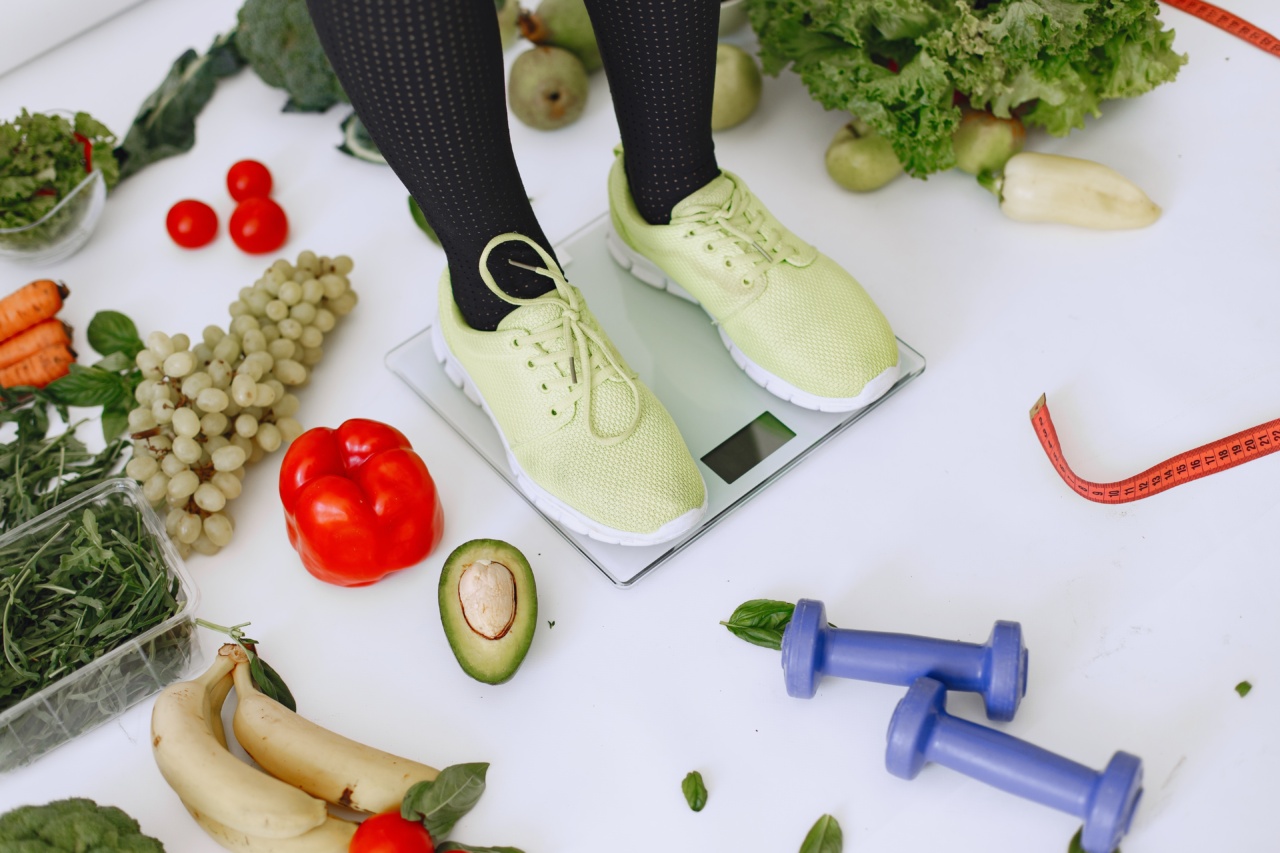After giving birth, many women are eager to shed the excess weight gained during pregnancy. However, losing weight while taking care of a newborn can be challenging. The key to successful postpartum weight loss lies in making healthy food choices.
Consuming foods that are nutrient-dense, high in fiber, and low in calories can help boost your metabolism and promote weight loss. In this article, we will discuss some of the best foods for postpartum weight loss.
1. Lean Protein
One of the most important macronutrients for postpartum weight loss is protein. Protein helps build and repair tissues, increases satiety, and boosts metabolism.
Including lean protein sources in your diet can help you shed those extra pounds while providing you with necessary nutrients.
Some excellent sources of lean protein include:.
- Skinless chicken breast
- Turkey breast
- Fish
- Beans and legumes
- Greek yogurt
- Eggs
2. Whole Grains
Whole grains are a great addition to your postpartum weight loss diet. They are rich in fiber, which helps keep you feeling full for longer and aids in digestion.
Opting for whole grains instead of refined grains can also provide you with additional vitamins, minerals, and antioxidants.
Some examples of whole grains include:.
- Oats
- Quinoa
- Brown rice
- Whole wheat bread and pasta
- Barley
3. Fruits and Vegetables
Fruits and vegetables should be a staple in any weight loss diet. They are low in calories, high in fiber, and packed with essential vitamins and minerals.
Incorporating a variety of colors into your plate ensures you get a wide range of nutrients essential for postpartum recovery.
Some nutrient-rich fruits and vegetables include:.
- Blueberries
- Spinach
- Broccoli
- Kale
- Sweet potatoes
- Oranges
- Avocados
4. Healthy Fats
Contrary to popular belief, healthy fats are an important part of a balanced diet and can aid in weight loss. Including sources of healthy fats in your meals can help keep you satisfied and reduce cravings.
They are also vital for the absorption of fat-soluble vitamins.
Some examples of healthy fats include:.
- Avocados
- Nuts and seeds
- Olive oil
- Fatty fish like salmon
- Coconut oil
- Nut butter
5. Low-Fat Dairy Products
Low-fat dairy products are rich in calcium and protein, making them an excellent choice for postpartum weight loss. Calcium plays a role in maintaining bone health, and protein helps build lean muscle mass, which boosts metabolism.
Some options for low-fat dairy products include:.
- Skim or low-fat milk
- Low-fat cheese
- Greek yogurt
- Low-fat cottage cheese
6. Hydration is Key
Staying adequately hydrated is crucial for postpartum weight loss. Drinking enough water can help boost metabolism, reduce cravings, and keep you feeling full. It is recommended to drink at least 8-10 cups (64-80 ounces) of water daily.
7. Avoid Processed Foods
When trying to lose weight after childbirth, it is important to steer clear of processed foods. These foods are often high in added sugars, unhealthy fats, and empty calories.
Opt for whole, unprocessed foods instead, which provide more nutrition and will contribute to your weight loss goals.
8. Breastfeeding and Weight Loss
If you are breastfeeding, it’s essential to maintain a balanced diet that supports both your own health and lactation.
You may need additional calories and nutrients, so it’s best to consult a healthcare professional or a registered dietitian who will guide you on the appropriate calorie intake and food choices.
9. Portion Control
Practicing portion control is crucial when trying to lose weight postpartum. Just because a food is healthy does not mean you can consume it in unlimited quantities.
Be mindful of your portion sizes and try to listen to your body’s hunger and fullness cues.
10. Physical Activity
Alongside a healthy diet, incorporating some physical activity into your daily routine can help speed up postpartum weight loss. Start with light exercises, such as walking or postnatal yoga, and gradually increase the intensity as your body recovers.
Remember, postpartum weight loss is a gradual process, and the focus should be on overall health and well-being.
Be patient with yourself, prioritize self-care, and consult a healthcare professional before making any significant changes to your diet or exercise routine.





























